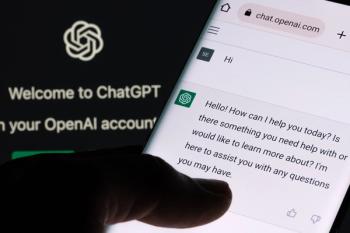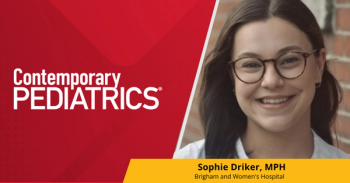
- September 2025
- Volume 41
- Issue 6
Music therapy might have merit for children with neurodisability
Music therapy offers potential benefits for children with neurodisability, enhancing rehabilitation through creative methods and interprofessional collaboration.
Children and adolescents with neurodisability can benefit from access to music therapy as part of their rehabilitation. This was the conclusion of a scoping review, which defined neurodisability as neurologic impairments resulting from specific acquired, degenerative, or congenital health conditions. Examination of 53 primary sources in the literature found that music therapy is effective both as a standalone treatment and in interprofessional team approaches to pediatric neurodisability.
Music therapy methods addressed in the literature include improvising, creating, composing, and listening to music, whereas music therapy techniques include actions used to elicit a reaction or shape an individual’s experience. This could be, for example, drumming for social interaction or guided singing for physiologic purposes.
The review showed that the frequency of music therapy sessions ranged from 3 times a day to once a week and lasted from 10 minutes to 3 hours, with 1 hour being the maximum length most often reported. Therapists might provide a single session or sessions for up to 3 years, depending on the phase of rehabilitation. Most sources (75%) reported interventions specific to music therapy, whereas others reported collaborations with allied health specialties, such as speech pathologists, physiotherapists, occupational therapists, and movement specialists. Music therapy techniques included receptive methods, such as listening experiences for cognitive and physiologic/psychophysiologic purposes, and somatic listening for motor, voice, and speech functions.
THOUGHTS FROM DR FARBER
Music therapy has been around for a long time. It is usually fun and presumably harmless, but data supporting it remain weak at best. This leads me to wonder whether families would be better off doing musical activities with their children on their own and spending their money elsewhere.
Reference
Twyford K, Taylor S, Valentine J, Pool J, Baron A, Thornton A. Functional outcomes in children and adolescents with neurodisability accessing music therapy: a scoping review. Dev Med Child Neurol. 2025;67(4):428-442. doi:10.1111/dmcn.16135
Articles in this issue
6 months ago
CPAP/bilevel PAP in the home setting6 months ago
Patches of hair loss on scalpNewsletter
Access practical, evidence-based guidance to support better care for our youngest patients. Join our email list for the latest clinical updates.






